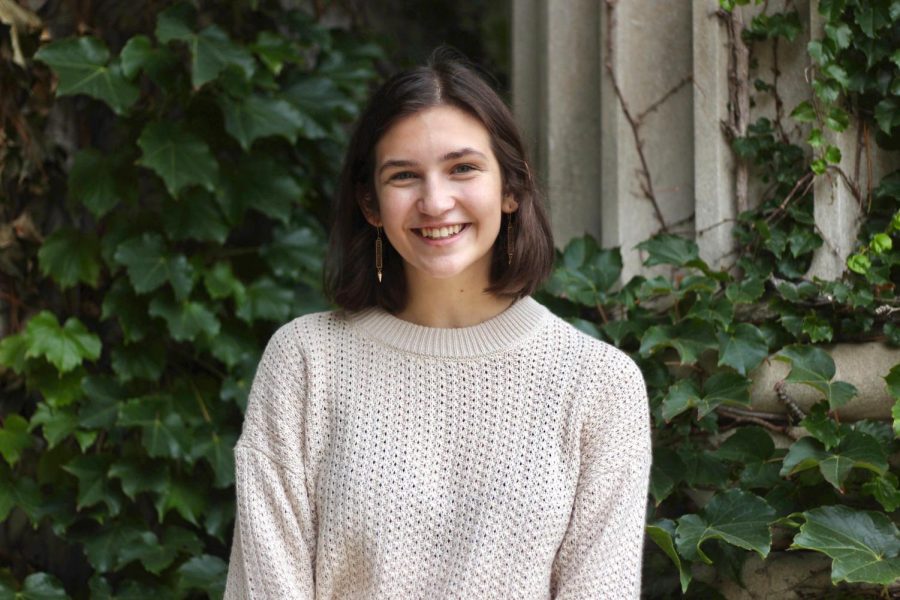Third-year University of Minnesota student Priscilla Hagerman has been advocating for cities to create gender equality resolutions during her time at World Without Genocide (WWG), an organization working to prevent genocide.
Hagerman said her role as advocacy coordinator for the University’s Model United Nations prompted her to pursue human rights advocacy work. She has been working on WWG’s Convention on the Elimination of all Forms of Discrimination against Women (CEDAW) efforts during this semester.
This convention addresses issues of gender discrimination such as pay inequality and violence against women. All but six countries have ratified CEDAW: Iran, Sudan, Somalia, Palau, Tonga and the United States.
“I was really excited to have the opportunity to work with an organization that promotes human rights outside of just studying it and learning about different issues, actually being able to take more of a hands-on approach,” Hagerman said.
Since the United States as a nation has not ratified the convention, the 100 Cities for CEDAW campaign aims to bring ordinances to prevent gendered violence in 100 cities. The aim, advocates say, is to show there is enough countrywide support for CEDAW. The convention has not been passed at the U.S. Senate level, despite bipartisan support in the past.
While interning for WWG, Hagerman has helped the national campaign bring the convention to a vote in Appleton, Wisconsin.
“Once it’s passed nationally there is actual accountability for the U.S. to the international community to uphold certain standards and women’s rights,” Hagerman said.
Dr. Ellen Kennedy, WWG executive director, said violence against women is a public health emergency.
“Even though we say [CEDAW] is a human rights bill for women, it really raises the issue of human rights broadly across race, religion, ethnicity, national origin, gender identity and sexual orientation,” she said.
In order to propose the convention to Appleton, WWG collaborated with the Mid-Day Women’s Alliance (MDWA), a nonprofit organization that works to educate and gain support from Appleton’s communities in an effort to provide resources to women. Hagerman compiled research and spoke about violence against women earlier this month at the webinar “Ending Discrimination against Women Locally and Globally,” a collaboration between WWG and MDWA to educate other organizations and individuals.
The Appleton Human Resources Committee will discuss CEDAW at their next meeting in April. Appleton Mayor Jake Woodford has voiced his support for their efforts.
“There was a big belief that we would need to ratify the equal rights amendment before we would be able to ratify CEDAW. That has been disproven, and that is why the effort to get these cities for CEDAW has really taken a push,” Sandi Rohde, the legislative co-chair of MDWA, said.
If CEDAW is ratified on a federal level, which is the campaign’s goal, the U.S. would be required to participate in accountability measures such as submitting reports on human rights issues every few years. So far, six cities in Minnesota, including the Twin Cities, and two in Wisconsin have passed CEDAW resolutions.
“Depending on how things go with Appleton, there are people kind of already watching to see, potentially the Green Bay area, to be the next [city,]” Rohde said.
Through educating others about human rights, advocates can better hold their legislatures accountable, she said. The goal is that by the time CEDAW reaches a vote at the federal level, senators are ready to sign it.
“I think [CEDAW not yet being ratified in the U.S.] definitely sends a message that women’s rights aren’t one of the most important things. It sends a message that it’s not something that [the U.S. is] fully committed to,” Hagerman said.



















